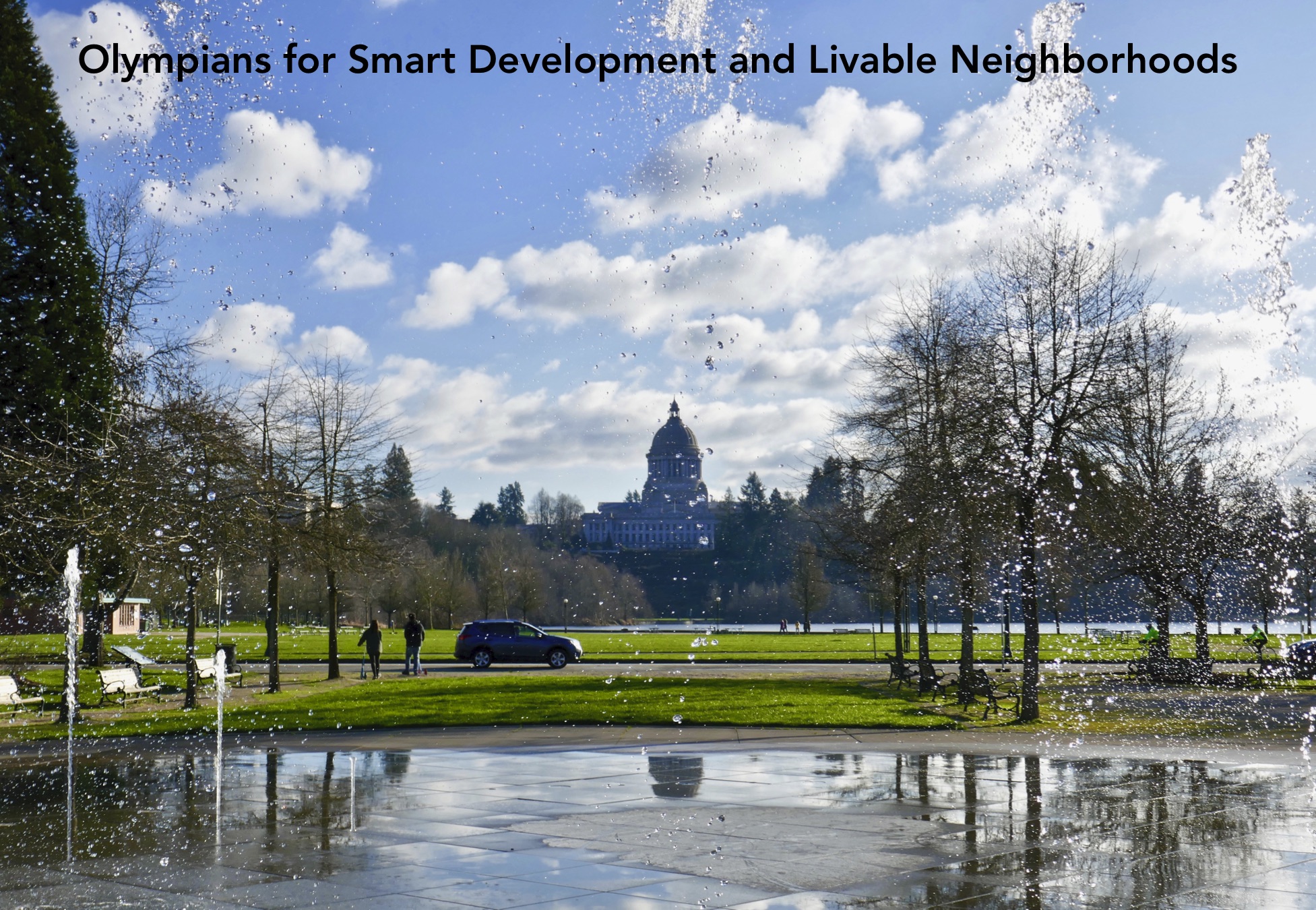New Air BnB Rules
The City defines Short-Term Rentals (STRs) as a lodging use that isn't a motel, hotel, or bed and breakfast, and is offered for a fee for under 30 nights. These would be permitted in single-family neighborhoods. There are two types of Short-Term Rentals:
Homestay: The owner is on-site and a temporary resident lives in a room, or rooms in their house. This doesn't require a permit.
Vacation: These are like Air BnBs, where the owner isn't on-site. They would be permitted and licensed by the City.
But short-term vacation rentals will eliminate permanent housing in our neighborhoods, and turn it into an investment, renting to unsupervised strangers with their extra cars. Vacation short-term rentals offer no benefit to permanent neighborhood residents. Their main benefit seems to be to investors, who can now make money from the commercial exploitation of our neighborhoods.
The new proposed vacation STR guidelines are a big advantage to those who want to profit from our neighborhoods, but not live in them. Those of us who spend our lives actually living in these neighborhoods will definitely suffer. Ask yourself how anyone committed to living in a neighborhood benefits from thesenew proposed rules:
• Two vacation STRs would be allowed per residential lot,
• Two adults per bedroom to a maximum of 10 people per house.
• Permitted everywhere in all types of housing
• Only 1 parking space per house required
The ideal situation might be for a quiet family or group of friends to rent a STR for a few days. But some Olympia residents living next-door to a house converted to avacation rental did not have this experience. There have been a few instances of 10 or more unrelated adults using the rentals as a meeting spot for a noisy party. Sometimes, each person drove their own car, which needed a parking spot. It was left to residents to tolerate this or call police or code enforcement.

In summary, as houses are converted to profitable STRs, permanent housing is removed from Olympia’s inventory. This added scarcity, plus the potential for profit from a residential property, increases home prices and rents. As the proposed rules stand, permanent residents of neighborhoods could get to the point where they no longer want to live in their own house. It can only benefit absentee investors.Contact City Council members to air your views.
© Copyright Olympians for Smart Development and Livable Neighborhoods
